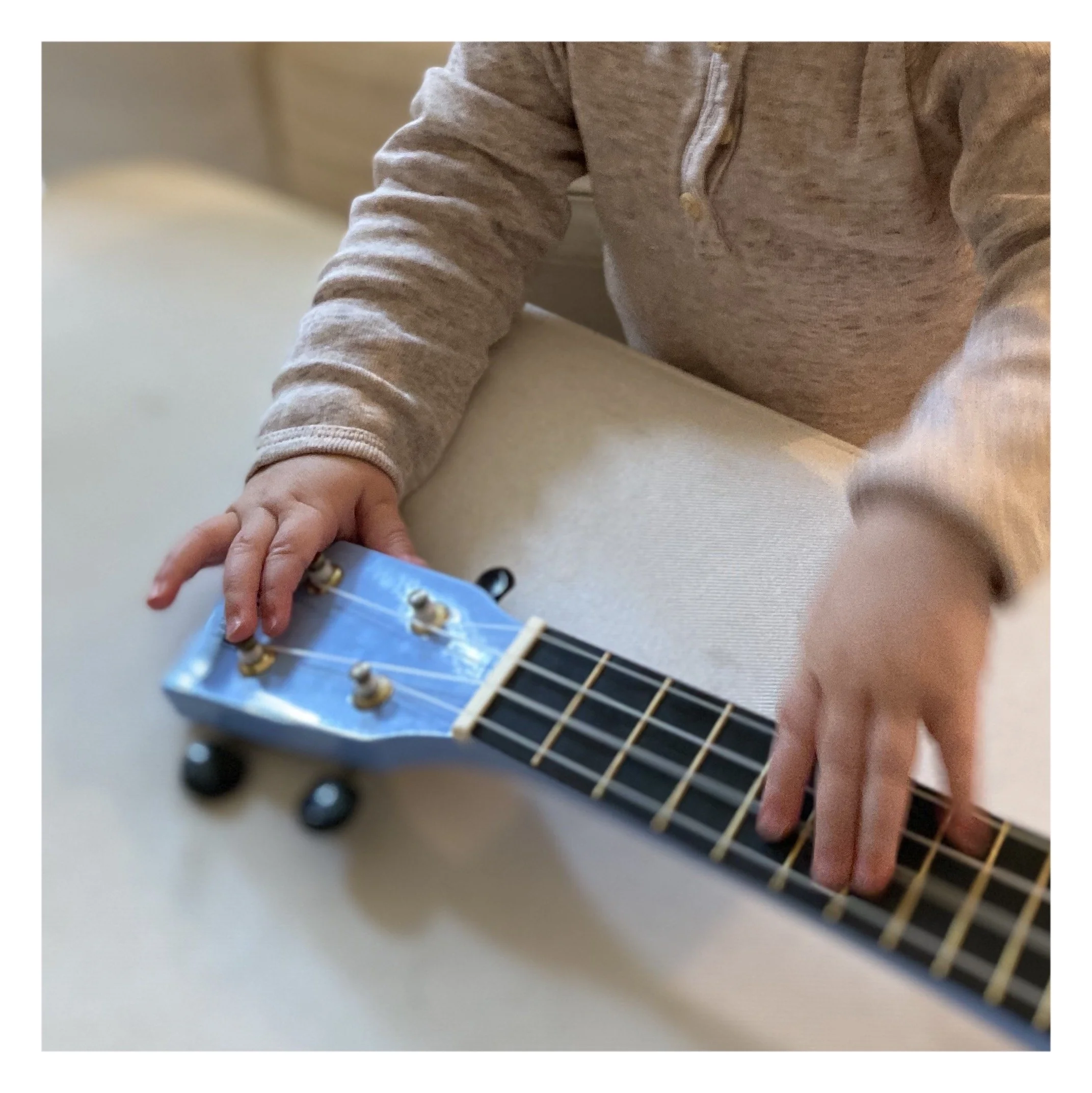Using Time Wisely
If we are truly committed to helping a child develop a healthy emotional landscape, we ought to be prepared to adjust our plans and our priorities at a moment’s notice. Many adults thrive on schedules, spreadsheets and lesson plans. Sometimes they help us and at other times they seem to take on a life of their own, causing us to measure our own ability to be “effective” or “productive” according to their demands. Whether in the classroom or in the home, failure to follow the “plan” can become a source of undue stress, and it’s easy to feel incompetent or neglectful if we find ourselves straying from an idea that helped to form this plan in the first place.
I prefer to look at a plan as a suggestion, carefully prepared based on observing the child(ten) in my midst. Suggestions can often be helpful. The child, however, should remain at the epicenter of our focus, however; sometimes emotional needs are more urgent than academic progress or the development of intellectual skills. Emotional needs call out for one of the most precious gifts we can give to another human, the gift of time. Tina Payne Bryson, in her book (co-authored with Daniel Siegel) The Power Of Showing Up, advocates for the importance of offering a “quality of presence” to a child. When a child needs to feel safe, seen, soothed and secure, it’s time to fold away the schedule or the lesson plan and place it in your back pocket.
Follow the child.
Not the spreadsheet.

